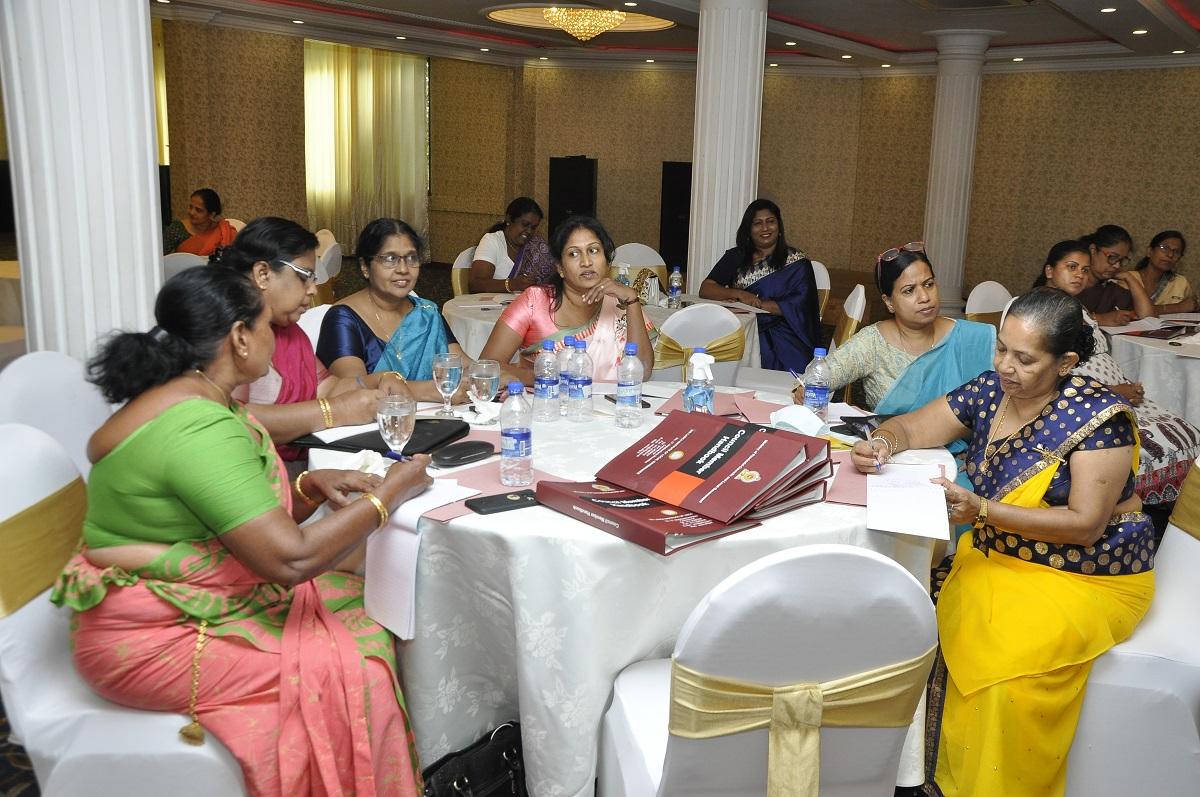In 2021, the decline in the global state of democracy has also been evident in a number of Demo Finland’s partner countries. A military coup in Myanmar halted the country’s democratic development, the President suspended the Parliament in Tunisia and the war in Ethiopia’s Tigray region escalated into a larger internal conflict. Supporting and defending democracy became ever more important.
Despite the difficult situation, we continued our work to support the political participation of underrepresented groups and multi-party dialogue in eight countries and to advocate for stronger democracy support policies especially in Finland and in the European Union.
Highlights of our results
In Tunisia, young political and civic actors have increased organisational capacities and they have got new and better positions within their organisations. Most of the training participants felt that they are now able to participate better in decision-making processes in their parties and organisations.
In Zambia, women politicians have become more influential and active within their political parties and in political processes.
In Mozambique, Parliamentary Committees carried out oversight visits to areas affected by extractive industry with greater knowledge and ownership than before. This is seen in better structured reports, in which the MPs and the Members of the Provincial Assemblies present findings and recommendations to public and private entities.
In Kenya, political parties, disabled persons’ organisations and CSOs jointly drafted minimum standards of inclusion for political parties.
In Sri Lanka, women councillors have enhanced skills and confidence to act for the benefit of their constituencies and to make their voices heard.
In Finland, almost all participants of the women’s Democracy Academy estimated that their skills and readiness to take part in political debate over foreign and security policy issues were enhanced.
Read more in our Annual Report 2021 (opens in a new tab).

